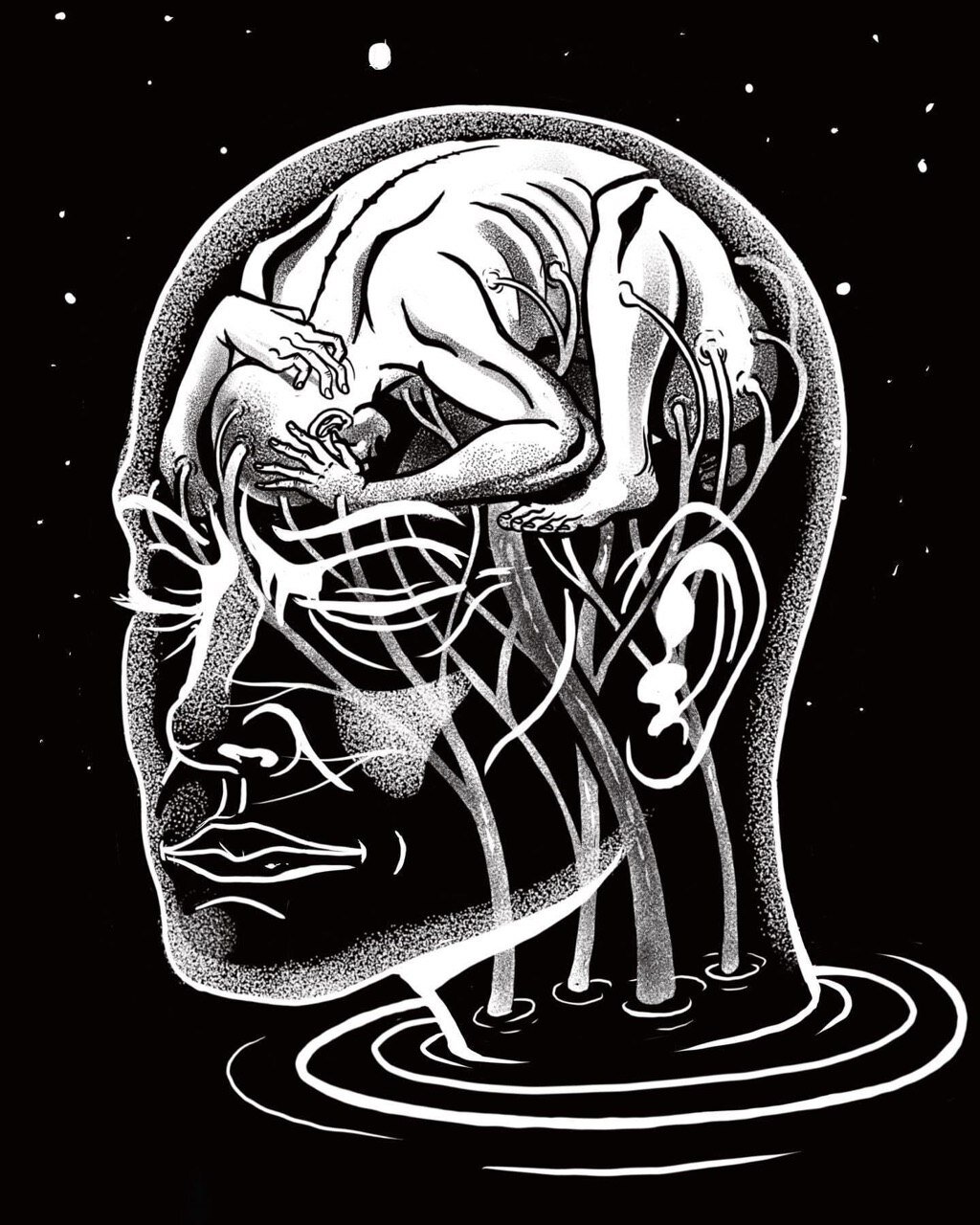Written By Wyatt Claypool, Posted on June 20, 2020

Watching porn might be described as exciting by the majority of those who engage. However, it might not be so fun on the brain. Multiple studies have found that pornography has many harmful effects on the brain, including addiction and erectile dysfunction.
In 2020, porn is widely available; anyone with a computer can access an infinite number of pornographic videos at no cost. But this doesn’t hide the fact that porn is a drug that is harmful and addictive. Cigarettes were once seen as healthy, and anyone was able to purchase them. However, due to scientific studies that have proven otherwise, society now has a more negative view of cigarettes.
Pornography has proven to be addictive, but why? Well, porn creates large amounts of dopamine, which excites the brain. Dopamine is something that humans crave, and it is also found in drugs and the doing of activities such as shopping or extreme sports. The brain craves that dopamine hits, and always want more. However, the massive amounts of dopamine that porn gives off can damage the brain’s dopamine captors, which makes them less respondent to dopamine, hence requiring more substantial amounts of it to be satisfied.
Damaged dopamine captors can cause a lot of harm to the brain, as levels of excitement will diminish. Scientists have also found that pornography causes erectile dysfunction. This is because watching fabricated pornography creates more dopamine than having sexual relations with a partner. Having erectile dysfunction is not only embarrassing but also hints at an altered sexual brain.
Furthermore, porn can negatively impact marriages and relationships. Apart from obviously ruining a couple’s sex life, men tend to find their partner less attractive after watching porn with beautiful plastic pornstars, leading them to seek a more attractive partner. A study that looked at the divorce factors amongst couples found that porn was the second most reliable indicator that a marriage would suffer.
While porn is supposed to make viewers feel good, it does the opposite in the long term. Numerous scientific studies have found that the repeated viewing of pornography leads to a rise in anxiety, depression, and loneliness. The over-glorified attractive figures can give the viewer a lack of body confidence and remind them that they are single or with a less attractive partner. This is something that has also contributed to a rise in the incel movement.
The effects that pornography has on the brain are also dangerous for society, as researchers have shown that it can lead to more violence. There are a lot of abusive and dehumanizing acts that are portrayed in pornographic videos, such as hair pulling, choking, and hitting. These types of behaviour mixed with the attractiveness effect of porn make men find this attractive. And this is why the studies show that violent porn viewers are more likely to physically or sexually abuse women.
Porn is like a drug. It has the same dopamine effect as many drugs, and it rewires the brain. It has many side effects and is addictive. The main difference between porn and other drugs is that drugs are either illegal or restricted, but porn is widely accessible in Canada. Anyone with a computer can access infinite amounts of this harmful content at no cost.
And while porn negatively affecting the brain is wrong, that is just the tip of the iceberg of why porn is a whole is despicable, harmful, and should be frowned upon in our society.
Porn’s involvement with human trafficking, the abuse of women, the fake depiction of sex, the encouragement of unsafe sex, the number of abortions caused by porn and the fact that porn glorifies sin are also components that are not only worthy of their separate article but also add to why porn is bad.
Wyatt is a student at Mount Royal University, where he is the president of its Campus Conservative club. In his writing, he focuses on covering provincial and federal politics, firearms regulation, and the energy sector. Wyatt has also previously written for The Post Millennial.
Hey there You have done a fantastic job I will certainly digg it and personally recommend to my friends Im…